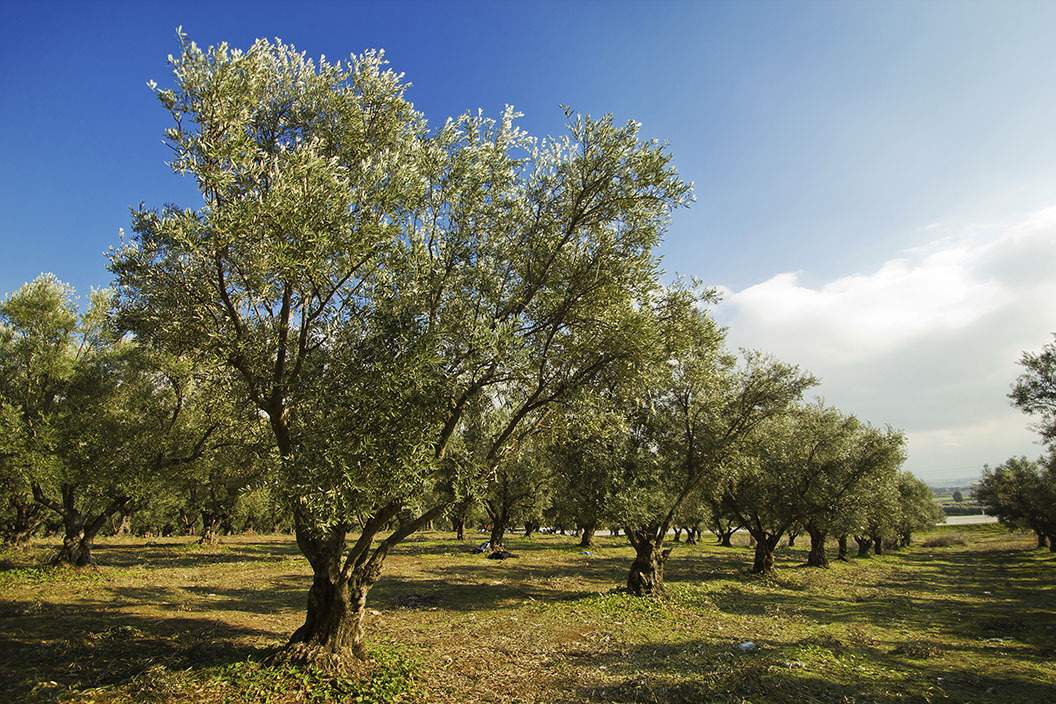March 13, 2020
I’m writing first to send love and good wishes to everyone in the T’ruah community. I know that all of us are feeling a heightened sense of anxiety as we hunker down at home, quarantine ourselves, cope with our own illnesses or those of friends and family, and mourn the chance to come together in community as so many of our synagogues, schools, and communal spaces have closed. Many of us are making the difficult decision to close these precious spaces and are caring for our own communities.
I want to let you know what precautions T’ruah has taken so far, and to share how we will continue to bring a powerful moral voice to standing up for all members of our society, including during this terrifying pandemic.
First, as of this week, the T’ruah staff is telecommuting. Our main phone line will forward to a cell phone, but if you are trying to reach a particular staff member, e-mail will probably be more efficient. We have cancelled all travel for the near future. In accordance with Jewish law, we have also committed to continuing to pay the workers who clean our office, regardless of whether they are working.
We take these steps because of our obligation to the larger community, and in order to slow the transmission of this virus so that our overburdened healthcare system can care for those in need of treatment.
Judaism teaches us the obligation to care for the health and welfare of the entire community. According to Jewish law, members of a community can compel one another to invest in infrastructure that the whole community needs. Jewish law similarly mandates care for the poor and most vulnerable, through tzedakah and other means, and forbids business practices that exploit those with the least power. This ethic runs counter to the American ethos of rugged individualism — of every person for themselves.
COVID-19 has taught us once again how interconnected we are. We cannot pretend to protect ourselves while ignoring those who are most vulnerable.
This pandemic is already revealing the gross inequities of our society. Those without insurance or without adequate insurance may not be able to access needed care. Incarcerated people in New York State are making an emergency stockpile of hand sanitizer for pennies an hour, even while hand sanitizer is banned in most prisons. We are completely unprepared for the likely outbreak of COVID-19 among incarcerated people, among the 38,000 immigrants detained by ICE, or among the more than 50,000 people camped on our border or waiting in Mexican shelters for the chance to apply for asylum. And old prejudices have reared their ugly heads, as Chinese and other Asian people have been vilified and attacked in the streets, and as antisemitic conspiracy theories blame this plague on the Jews — just as the black plague was blamed on us.
No matter how difficult this period may be for us personally, we will never stop raising a moral voice to insist that our government and our community care for every single member of our society — whether born here or elsewhere, whether documented or undocumented, whether seeking asylum from Mexico or within the borders of our country, whether free or incarcerated, and whether insured or uninsured. Nor will we stop fighting for human rights for Israelis and Palestinians, or let the immediate crisis distract us from pushing back against any moves toward annexation and permanent occupation.
That’s what it means to be Jews and religious leaders.
As we move through these challenging weeks or months, we will seek new ways to connect — whether through webinars for our members and supporters, through materials for study and prayer, and through opportunities to take crucial advocacy actions from your home. As always, please be in touch to let us know how we can be most helpful to you.
Thank you for your partnership and your commitment to justice even during these trying times.
Rabbi Jill Jacobs
Executive Director

